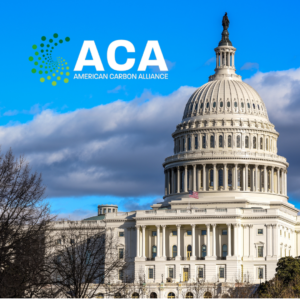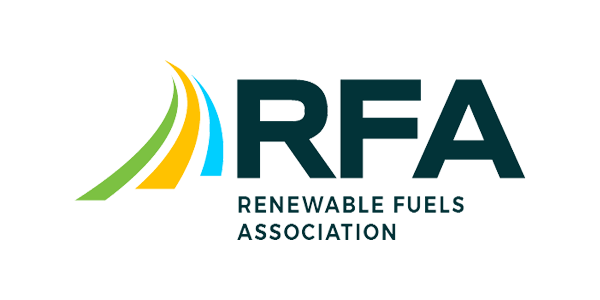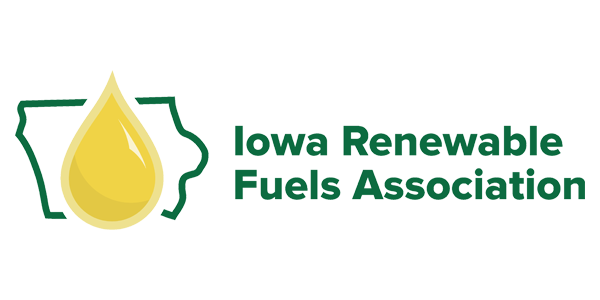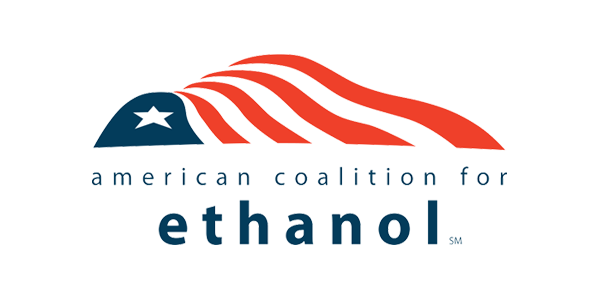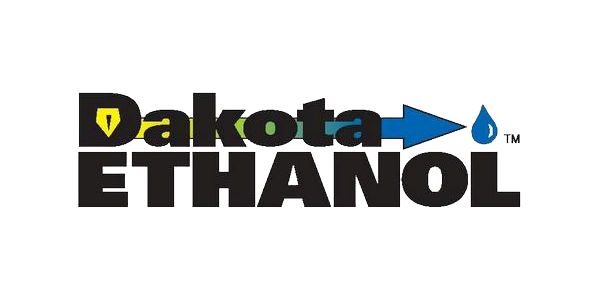I am writing as a Floyd County taxpayer and as an interested party representing the county as a board member of the Charles City Area Development Corporation, speaking personally.
I think it is my responsibility to speak up and let my voice be heard relating to Floyd County’s opposition to the construction of the CO2 pipelines. I made some of these points at the supervisors meeting during which the decision to employ the Des Moines law firm was made.
There is a vocal and organized opposition to the project by some landowners and I appreciate that this will impact their properties.
It has been confirmed that 82% of landowners on the route of the Summit pipeline have signed to allow it on their land. They have been paid very well for this access.
I’m sure none of them, nor do I, wish to alienate friends and neighbors in opposition, but as one who is charged with advancing the development of our county I know the pipeline is critical for the future financial success of area farmers and for the very existence of local ethanol plants.
WE NEED TO CONSIDER the following:
Carbon sequestration is being advanced by the government as critical in efforts to curb climate change. Not that I am all about climate change, but those that control the purse strings of carbon credits are. Vast amounts of money are involved.
If an ethanol production facility does not have access to a pipeline the cost of production is much higher than a plant that does. Carbon credits offset ethanol production costs by a significant percentage, enough to make them non-competitive. If a plant can’t complete it is likely to close or to move to a place where it has pipeline access, which won’t be here if Floyd County drives the pipeline elsewhere.
Well over 50% of the county corn crop is sold and processed by area ethanol plants. If local plants leave, farmers will experience lower corn prices due to increased shipping costs to more distant plants. Clearly the 82% of landowners allowing the pipeline recognize this.
There are a number of local cattle feeders that depend on processing products to be profitable.
There would be a major boost to the county tax base if pipelines are installed. I haven’t been able to find out what this might be exactly, but it could be around $1,000,000 annually. I think the county would benefit from that.
The approval of a pipeline’s location is a function of the state government Iowa Utilities Board. The granting of a pipeline permit requires a finding by the Iowa Utilities Board that the project will promote the public convenience and necessity and follows an acceptable route.
Safety is always of concern and is being used heavily to oppose the pipeline. I believe that pipelines have been used for years with great success for products that probably are much more dangerous than CO2. The IUB certainly must be sure of the safety issues before granting a permit. From spokesmen of the pipelines, we have heard of measures they are willing to take that exceed safety standards.
As far as the industrial park goes, who is to say that a company that can use access to a pipeline in an accredited site won’t find Charles City very attractive?
In summary there are many reasons we shouldn’t be spending county money to oppose the pipeline.
My assessment of the project is that there are a much larger percentage of county taxpayers that would benefit from the pipeline to be built, but their voices are being drowned out by a more organized and vocal group.
GUEST VIEW
Paul Rottinghaus
Charles City



